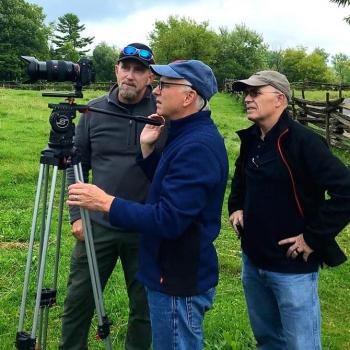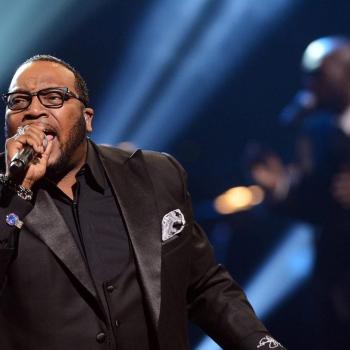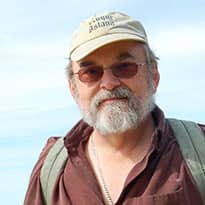In addition, the idea of One True Truth begins to dissolve. There is an enormous variety of Pagan practices and traditions. Very significantly they bleed over into other positions. I have met Pagan Buddhists, Pagan Christians, Pagan Jews, and Pagan atheists. I have met pantheists and panentheists, with no clear line of separation. My own approach is deeply shamanic but I have met others whose practice focuses on their community or devotional relations with their deities. In such a world what does it mean to say there is One Truth? I'm not sure.
I think as we live our lives within a Pagan framework our culturally acquired trance about these matters is gradually weakened. We will be more likely to notice what others do not, not because we are better at noticing the unexpected. We probably are not. But our sense of what might be expected has grown to encompass entering into a wider range of respectful relationships with the world around and within us than has a society blinded by the trances of monotheism and scientistic modernity.
We are not free from trance. I am not sure what that means. But we live within a far roomier context with far greater degrees for freedom, creativity, and love to manifest and explore.





